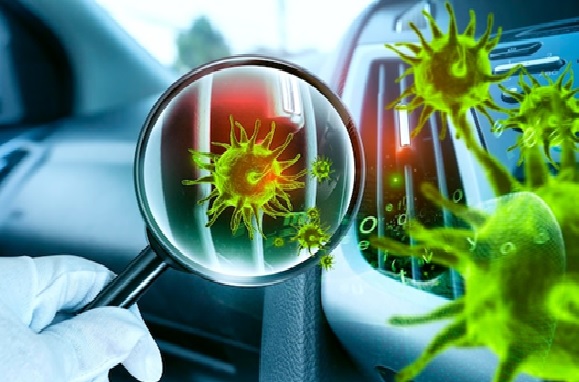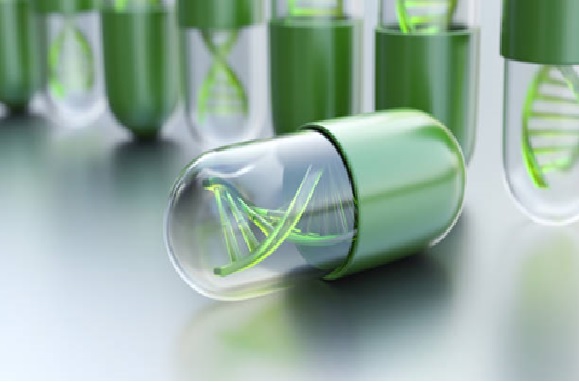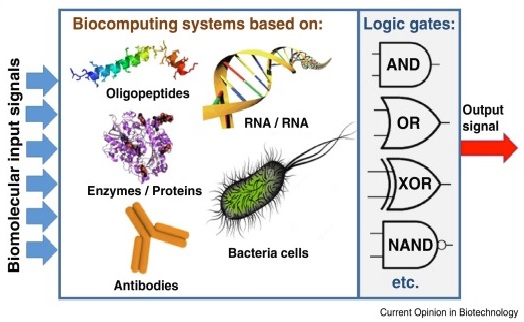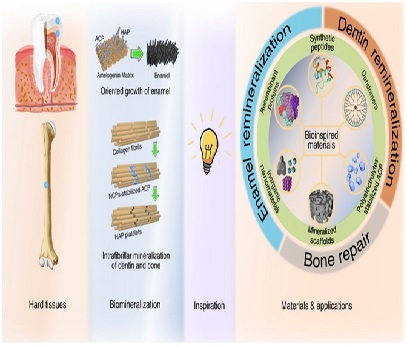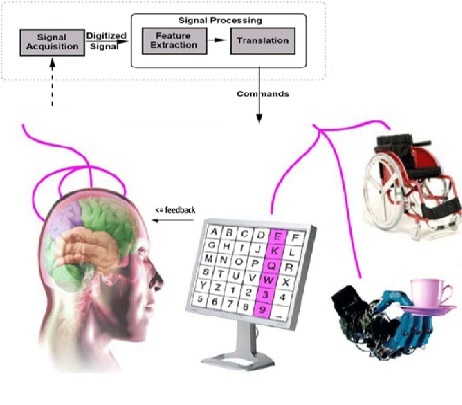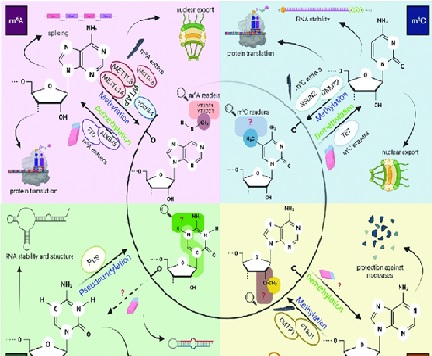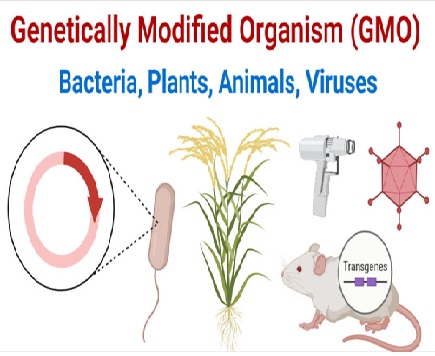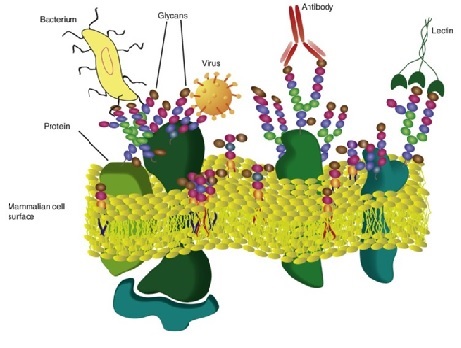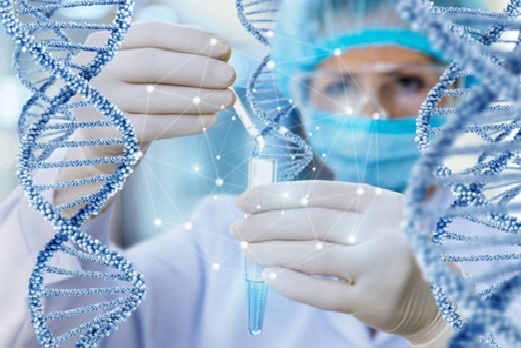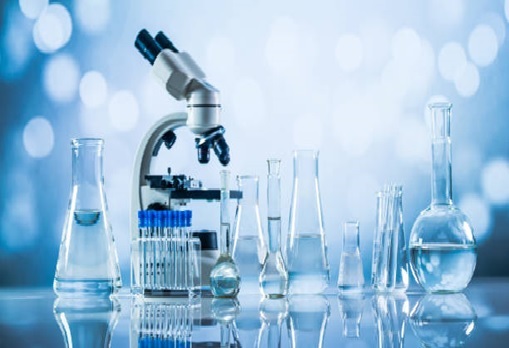Biotechnology and Climate Change
Agricultural biotechnology can be an important tool for addressing the causes and consequences of climate change and for achieving important societal goals such as reduced poverty, improved global food security, and reduced environmental impacts from agriculture. That’s why agricultural biotechnology is part of USDA’s toolkit for a healthy planet and sustainable future.[1]
Climate change is one of the greatest threats we face today, and agriculture is no stranger to its consequences. Fortunately, biotechnology provides the sector with a range of solutions that help mitigate the effects of global warming. Would you like to know what they are? In this article, we explain some of them.[2]
While the implementation of measures to mitigate the effects of climate change has been a recent option, from now on it is going to be an obligation. The European Union is determined. Strategies such as “Biodiversity”, “From Farm to Fork”, “Soil Protection” or even the Common Agricultural Policy itself, all within the scope of the “European Green Deal”, will become increasingly important.[2]
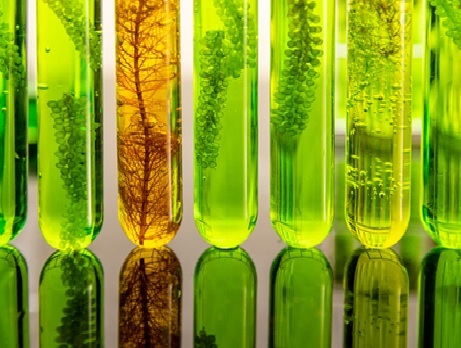
Figure 1.Biotechnology and Climate Change
Figure 1 shows Biotechnology has the potential to play a significant role in addressing the challenges posed by climate change. By leveraging advances in biotechnology, we can develop new and innovative solutions for mitigating greenhouse gas emissions, adapting to changing environmental conditions, and promoting sustainable resource use.
One area where biotechnology can have a significant impact is in the production of renewable energy. For example, biotechnology can be used to develop more efficient and cost-effective biofuels from plant materials, such as corn, switchgrass, and algae. Biotechnology can also be used to enhance the efficiency of solar panels and other forms of renewable energy generation.
Another area where biotechnology can contribute to climate change mitigation is in the development of more sustainable agricultural practices. By using biotechnology to improve crop yields, reduce water usage, and enhance soil health, we can promote more efficient and sustainable food production while reducing greenhouse gas emissions from agriculture.
Biotechnology can also play a role in adapting to the impacts of climate change. For example, by developing crops that are more resistant to drought, heat stress, and other environmental stressors, we can help ensure food security in regions affected by climate change. Biotechnology can also be used to develop new vaccines and other treatments for diseases that are likely to become more prevalent as a result of climate change.
Overall, biotechnology offers a range of tools and technologies that can help us address the challenges posed by climate change. By investing in biotechnology research and development, we can unlock new solutions for promoting sustainability, reducing emissions, and adapting to a changing climate.
References:
- https://www.usda.gov/topics/biotechnology/climate-change
- https://symborg.com/en/news/the-role-of-biotechnology-in-the-fight-against-climate-change/
Cite this article:
Hana M (2023),Biotechnology and Climate Change, AnaTechMaz, pp.148


